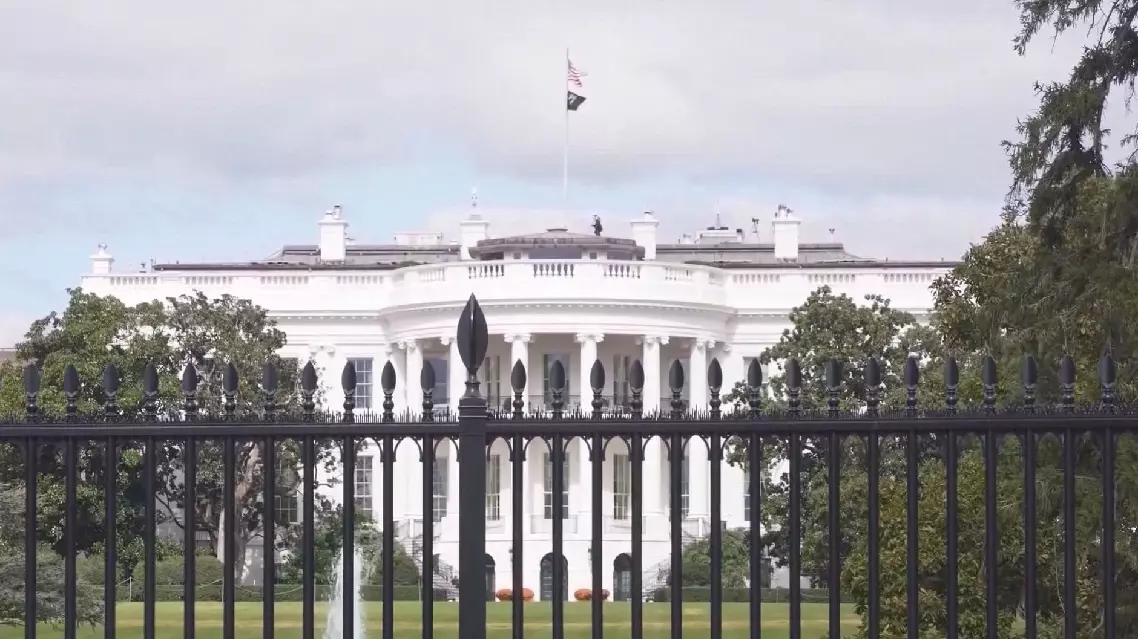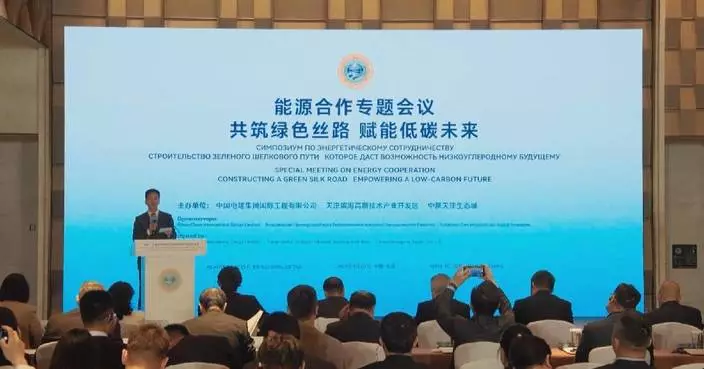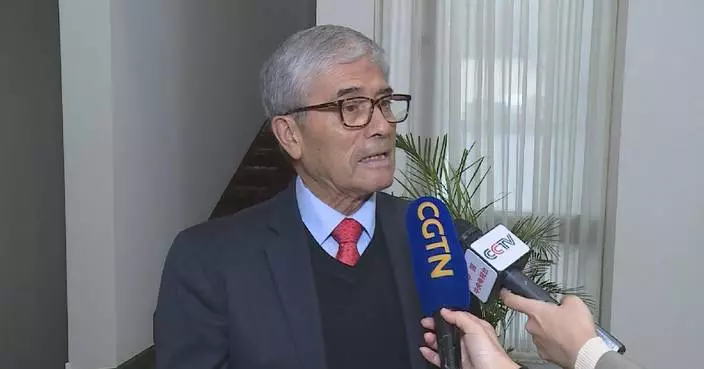The large number of tourists flocking to Urumqi City of northwest China's Xinjiang Uygur Autonomous Region during the ongoing Qingming Festival holiday have found themselves fascinated by creative local delicacies at a local grand bazaar.
Catering to the needs of increasing numbers of tourists visiting the region, vendors and shop owners at the Urumqi Grand Bazaar have developed creative specialty foods for tourists to savor the local delicacy over recent years.
It is a tradition for the Chinese people to return to their hometowns and pay respect to their ancestors and deceased family members on the Qingming Festival, a day for tomb sweeping which falls on April 4 this year.
During the three-day holiday that began on Friday, the Grand Bazaar was crowded with visitors eager to sample local delicacies including naan, a type of leavened flatbread and a staple food mainly for people of ethnic minority groups in the region. Various creative dishes featuring naan have emerged as must-try offerings for tourists.
One stall serves freshly brewed coffee into a "cup" made of naan, infusing the drink with a rich wheat flavor.
"The cup is edible, so I was intrigued and decided to give it a try. Both the coffee and the cup are surprisingly delicious," said a tourist.
The naan "cups" are also filled with sesame seeds and rose petals, then topped with local treats like milk tea, yogurt and ice cream.
Naan is also served fried with an array of seasonings and paired with Coke, capturing the attention of many tourists.
"The naan should have been fried and then added with seasonings. It is very delicious," said another tourist.
The creative ways of serving naan not only provides tourists with a fresh experience but also boosts consumption. On the first day of the holiday, the Grand Bazaar's pedestrian street received over 70,000 visits.
"As the most inclusive food in Xinjiang, naan can be paired with any of our delicacies. We are also exploring the idea of integrating naan with various specialty food of Xinjiang, such as dried and fresh fruits, to launch a series of products centered around naan," said Wang Fei, director of a naan theme pavilion at the Grand Bazaar.

Tourists fascinated by creative local delicacies at bazaar during holiday
The universal "reciprocal tariffs" imposed by the United States signals a decline in the U.S. economic dominance and dollar hegemony, as the country is attempting to extract excessive financial benefits from its trading partners, according to economists, who warn the Trump administration is playing a "dangerous game".
U.S. President Donald Trump last week signed an executive order on the so-called "reciprocal tariffs," imposing a 10-percent "minimum baseline tariff" before unveiling higher rates on certain trading partners. The policy sent shockwaves throughout the global economy and triggered panic on financial markets, with analysts warning of significant risks and dire economic consequences.
In an interview with the China Global Television Network (CGTN), Hong Hao, chief economist of the GROW Investment Group, a Shanghai-based hedge fund, said the tariffs reflect Trump's strategy to extract economic benefits from trading partners, particularly viewing China as a significant competitor. "Trump really believes that the trade terms with the trading partners have been unfair to the U.S., and as a result, the U.S. manufacturing sector has been hollowed out. Therefore, the U.S. is paying an excessive price for globalization, and now, it's time to pay back. I think, from this angle, he is trying to extract economic rent from its trading partners, and also he is trying to see China as one of the major U.S. rivals at this juncture. So, I think, as a result, he is playing a very dangerous game. And, as you can see, it's political theater in the sense that he is trying to dramatize the extreme pressure, so that he can get excessive rent from the opponent," he said
Trump's unilateral imposition of tariffs has eroded global confidence in the U.S. and its dollar's status, leading many to state that the American hegemony may not persist, according to Josef Gregory Mahoney, a professor of politics and international relations at East China Normal University.
"The U.S. economy is at an inflection point. There is a moment where the previous strategies being used to sustain American hegemony were no longer working. And, it's only a matter of time before the U.S. position erodes, given the fact that it's been a house of cards built on the dollar supremacy. And a lot of people don't see that as having a brighter future. This has moved past the theater stage and has moved really directly into one in which no one really has confidence in the U.S. anymore. No one has confidence in the dollar. No one has confidence in the U.S. being committed to the multilateral system, to global trade and so forth and so on," he said.

Trump playing "dangerous game" as tariff measures signal decline in U.S. dollar hegemony: economists






















































